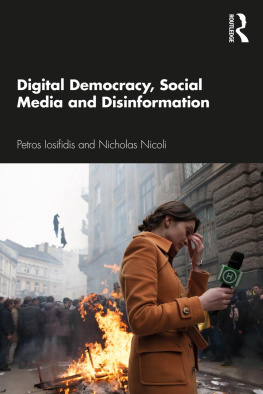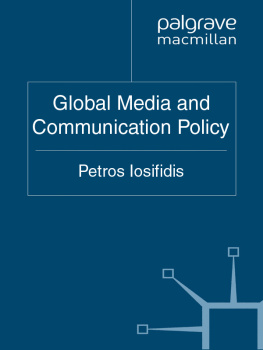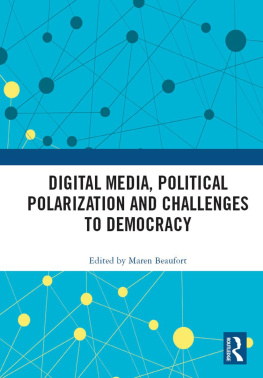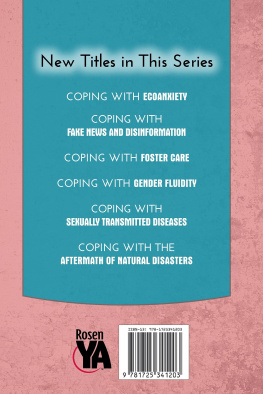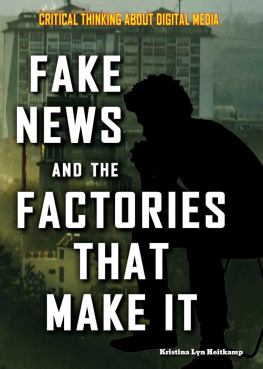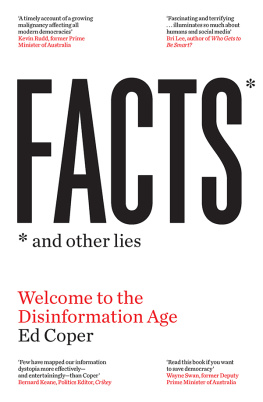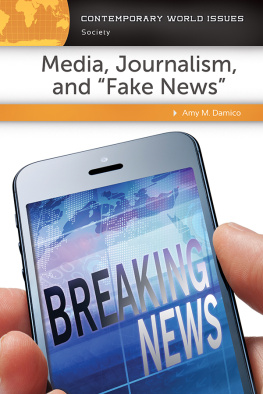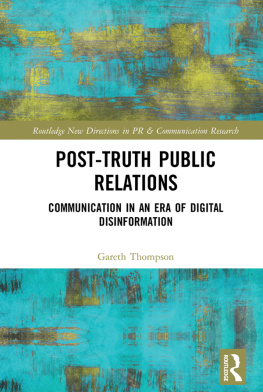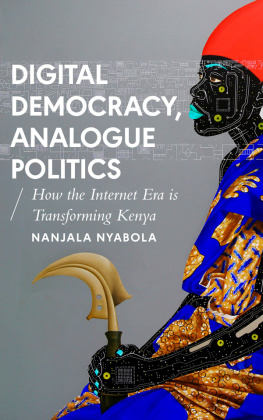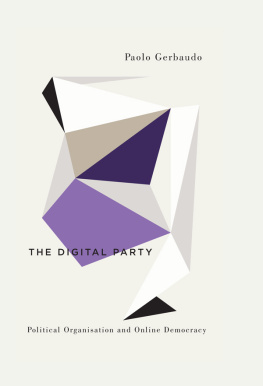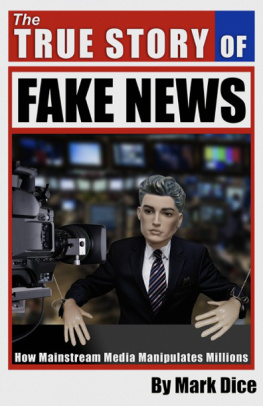Digital Democracy, Social Media and Disinformation
Digital Democracy, Social Media and Disinformation discusses some of the political, regulatory and technological issues which arise from the increased power of internet intermediaries (such as Facebook, Twitter and YouTube) and the impact of the spread of digital disinformation, especially in the midst of a health pandemic.
The volume provides a detailed account of the main areas surrounding digital democracy, disinformation and fake news, freedom of expression and post-truth politics. It addresses the major theoretical and regulatory concepts of digital democracy and the network society before offering potential socio-political and technological solutions to the fight against disinformation and fake news. These solutions include self-regulation, rebuttals and myth-busting, news literacy, policy recommendations, awareness and communication strategies and the potential of recent technologies such as the blockchain and public interest algorithms to counter disinformation.
After addressing what has currently been done to combat disinformation and fake news, the volume argues that digital disinformation needs to be identified as a multifaceted problem, one that requires multiple approaches to resolve. Governments, regulators, think tanks, the academy and technology providers need to take more steps to better shape the next internet with as little digital disinformation as possible by means of a regional analysis. In this context, two cases concerning Russia and Ukraine are presented regarding disinformation and the ways it was handled.
Written in a clear and direct style, this volume will appeal to students and researchers within the social sciences, computer science, law and business studies, as well as policy makers engaged in combating what constitutes one of the most pressing issues of the digital age.
Petros Iosifidis is professor in Sociology and Media Policy at City, University of London, UK.
Nicholas Nicoli is associate professor of Communication at the University of Nicosia, Cyprus.
This is a wide-ranging book which gives valuable insights on emerging contemporary debates on digital democracy, social media and disinformation. The authors have dug deep into the underlying theories while never ignoring everyday empirical evidence. They engage with issues of policy and regulation which are now under scrutiny in democracies around the world. Their analysis is up to date, noting the impact of the digital platforms on disinformation on the COVID-19 pandemic. It is a necessary and timely text.
Professor Leighton Andrews, Cardiff Business School, UK
The urgency of critical analysis of misinformation and fake news has become even more apparent in the context of COVID-19. Iosifidis and Nicoli offer a very nuanced analysis of this phenomenon from a socio-political perspective, recognising that the circulation of misinformation and conspiracy theories online is not simply a supply-side product of digital affordances, but is grounded in social phenomena such as the rise of populism. They are very much attuned to policy and regulatory issues, as well as technological options, that can address these urgent contemporary challenges.
Professor Terry Flew, Queensland University of Technology, Australia
This book could not be more timely or relevant to the contemporary struggles with the effects of disinformation on society. The book explores why and how it poses dangers to democratic society and offers and reviews concrete solutions to them.
Professor Robert G. Picard, Reuters Institute, University of Oxford, UK
Digital Democracy, Social Media and Disinformation
Petros Iosifidis and Nicholas Nicoli
First published 2021
by Routledge
2 Park Square, Milton Park, Abingdon, Oxon OX14 4RN
and by Routledge
52 Vanderbilt Avenue, New York, NY 10017
Routledge is an imprint of the Taylor & Francis Group, an informa business
2021 Petros Iosifidis and Nicholas Nicoli
The right of Petros Iosifidis and Nicholas Nicoli to be identified as authors of this work has been asserted by them in accordance with sections 77 and 78 of the Copyright, Designs and Patents Act 1988.
All rights reserved. No part of this book may be reprinted or reproduced or utilised in any form or by any electronic, mechanical, or other means, now known or hereafter invented, including photocopying and recording, or in any information storage or retrieval system, without permission in writing from the publishers.
Trademark notice : Product or corporate names may be trademarks or registered trademarks, and are used only for identification and explanation without intent to infringe.
British Library Cataloguing-in-Publication Data
A catalogue record for this book is available from the British Library
Library of Congress Cataloging-in-Publication Data
A catalog record has been requested for this book
ISBN: 978-0-367-33208-2 (hbk)
ISBN: 978-0-367-33210-5 (pbk)
ISBN: 978-0-429-31848-1 (ebk)
Typeset in Bembo
by Deanta Global Publishing Services, Chennai, India
Our deepest thanks as ever to our families for their love, support and patience, without which this book would not have been written.
Contents
SECTION I
Market Trends, Internet Intermediaries and Theories
SECTION II
The Current State of the Art of Digital Disinformation
SECTION III
Country Cases and Digital Disinformation
| Important European initiatives on countering disinformation |
Petros Iosifidis is professor in Sociology and Media Policy at City, University of London, UK. He has acknowledged expertise in the realms of communications policy, public service media, regulation of social media, and media coverage of sport. He is author of eight books, including Reinventing Public Service Communication (2010), Public Television in the Digital Era (2012), Global Media and Communication Policy (2013), Public Sphere and Mediated Social Networks (2016, with M. Wheeler), and Global Media & National Policies (2016, with T. Flew and J. Steemers). He has contributed numerous book chapters and has published extensively in peer-review journals. He has served as an ESRC Peer Review College reviewer, as principal editor of the Journal of Digital Media & Policy and co-editor of the Palgrave Global Media Policy and Business . He is vice-chair of IAMCR Global Media Policy group and has acted as national expert on European projects.
Nicholas Nicoli is associate professor of Communication at the University of Nicosia, Cyprus. His research focuses on communications policy and creative industry institutions. His initial research sought to deconstruct creativity management policies within public service broadcasters such as the BBC. Thereafter he focused his attention on the impact of communications policy upon strategic communication. His current research explores the intersection of communications policy, digital disinformation and the public interest. He has contributed book chapters and has published extensively in peer-review journals. He is a co-founder of the Institute for Mass Media, Cyprus and is on the editorial boards of Journal of Digital Media & Policy and Journal of Media Business Studies and has acted as a national expert and science communications manager on European projects.

